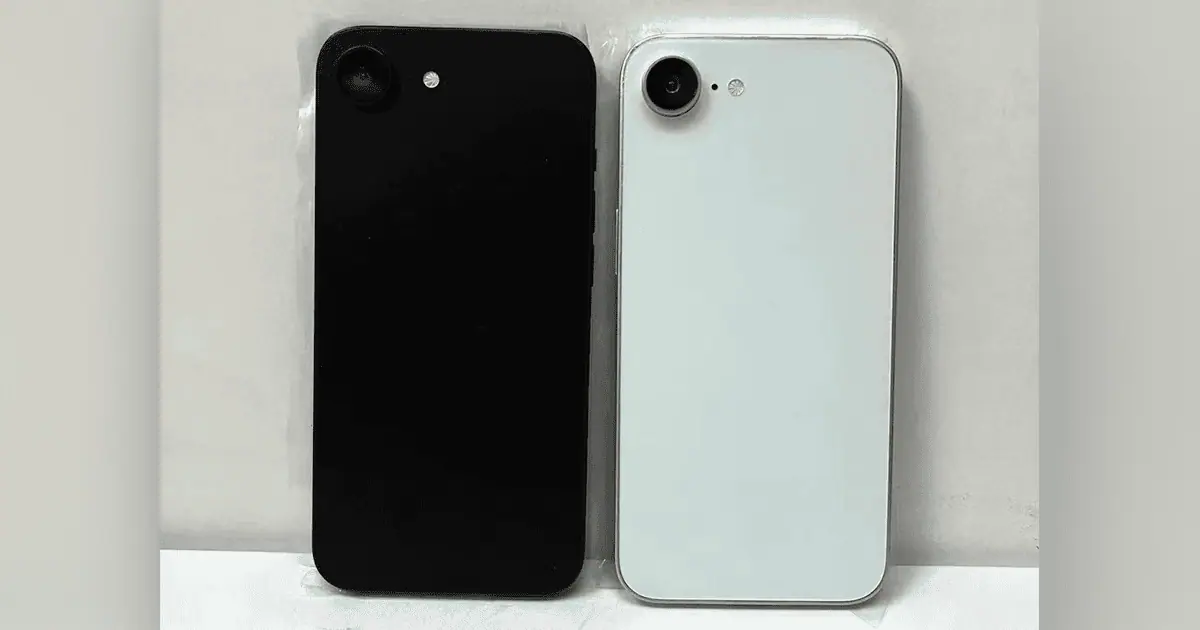Cartken, an autonomous robotics startup renowned for its four-wheeled delivery robots operating on college campuses and bustling city streets like Tokyo, has strategically shifted its focus toward industrial applications. This transition was driven by the recognition of a substantial demand for automation in industrial and onsite environments.
Co-founder and CEO Christian Bersch, along with fellow former Google engineers behind the Bookbot project, always envisioned broader applications for their technology. The turning point came when companies began expressing interest in deploying Cartken’s robots within factories and laboratories. Bersch noted, We discovered a significant need in industrial and onsite use cases, often providing more direct value to companies by optimizing their material and production flows.
In 2023, Cartken secured its first major industrial client, German manufacturing giant ZF Lifetec. Initially, ZF Lifetec utilized Cartken’s existing delivery robots, known as the Cartken Courier, which can carry up to 44 pounds and resemble an Igloo cooler on wheels. Bersch recalled, Our food delivery robot began transporting production samples, quickly becoming our busiest unit. That was when we realized the real market need and started targeting that segment more aggressively.
At that time, Cartken was actively expanding its sidewalk delivery services, forming partnerships with Uber Eats and GrubHub for last-mile delivery operations across U.S. college campuses and in Japan. However, the success with ZF Lifetec prompted the founders, including Jake Stelman, Jonas Witt, and Anjali Naik, to broaden their business model.
Transitioning Cartken’s robots from food delivery to industrial settings proved to be a seamless process. The AI underpinning the robots had been trained on extensive food delivery data, and the devices were engineered to navigate diverse terrains and weather conditions. This adaptability enables the robots to operate effectively in both indoor and outdoor environments. Additionally, data collected from operations in Tokyo’s complex urban landscape enhanced the robots’ ability to detect and maneuver around obstacles.
To support this strategic pivot, Cartken has raised over $20 million from investors such as 468 Capital, Incubate Fund, and Vela Partners. The company has also expanded its robotic fleet to better serve industrial applications. Earlier this year, Cartken introduced the Cartken Hauler, a larger version of the Cartken Courier capable of carrying up to 660 pounds. The company also released the Cartken Runner, designed for indoor deliveries, and is developing a robotic forklift.
Bersch explained, We have a navigation stack that is parameterizable for different robot sizes. All the AI and machine learning and training that went into that is transferring directly to the other robots.
Cartken has also deepened its four-year partnership with Japanese automaker Mitsubishi. Initially, Mitsubishi assisted Cartken in obtaining the necessary certifications to operate their delivery robots on Tokyo’s streets. Recently, Melco Mobility Solutions, a subsidiary of Mitsubishi Electric, announced plans to purchase nearly 100 Cartken Hauler robots for use in Japanese industrial facilities.
Bersch highlighted the growing demand for Cartken’s solutions across various industrial and corporate sites, including automotive, pharmaceutical, and chemical companies. He noted, All these companies typically have people moving stuff from one building to another, whether it’s by hand, on a cart, or a small forklift, and that is really what we’re targeting.
While Cartken will continue its food and consumer last-mile delivery business, the company does not plan to expand this segment. Instead, existing last-mile delivery routes will serve as testing grounds for new capabilities and ongoing development of their robotic technology.



